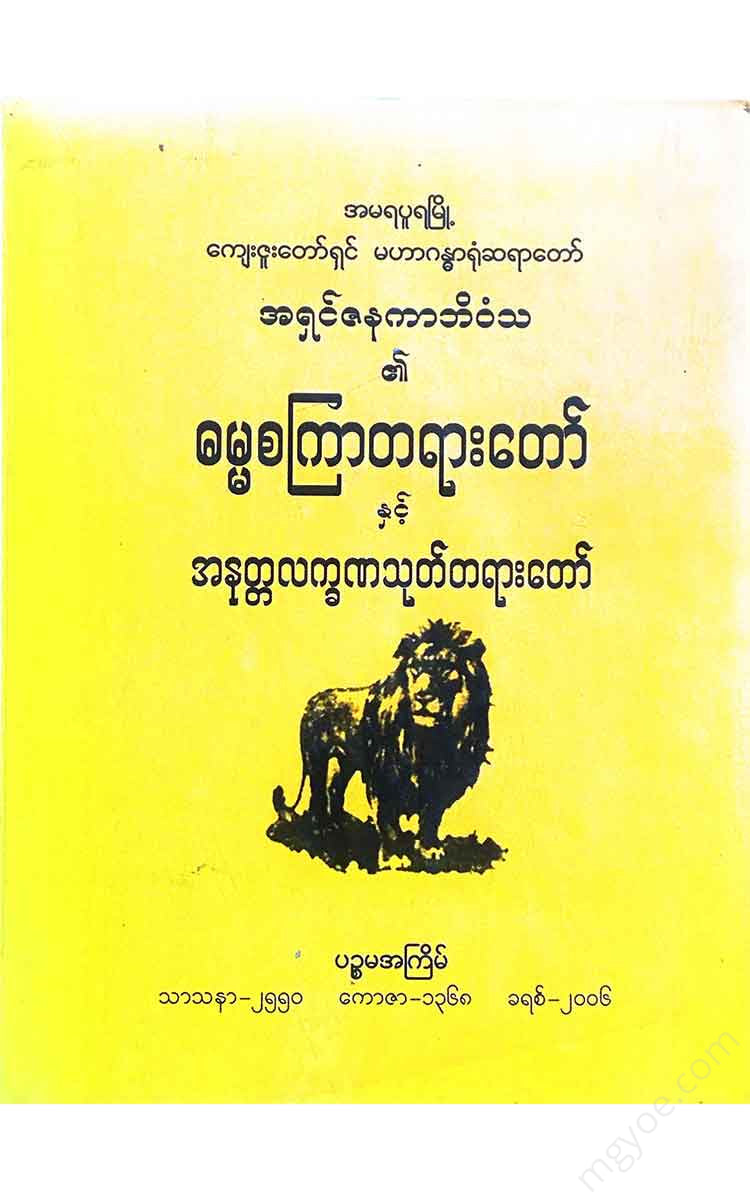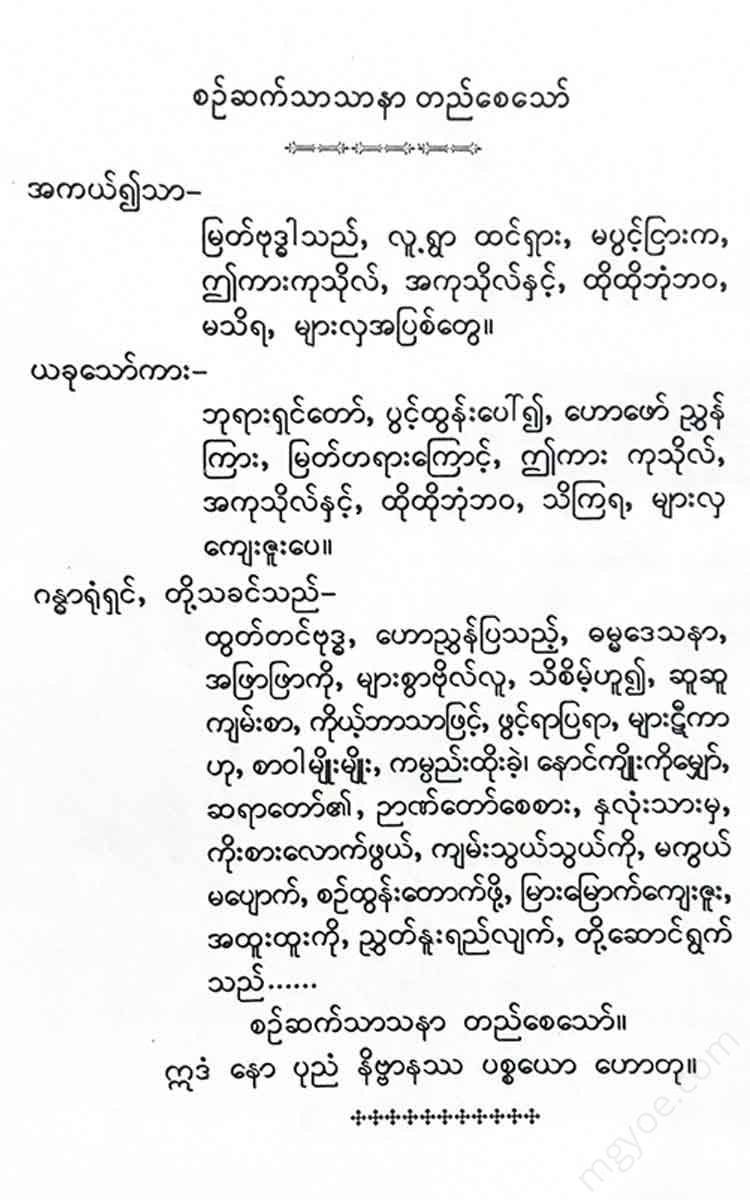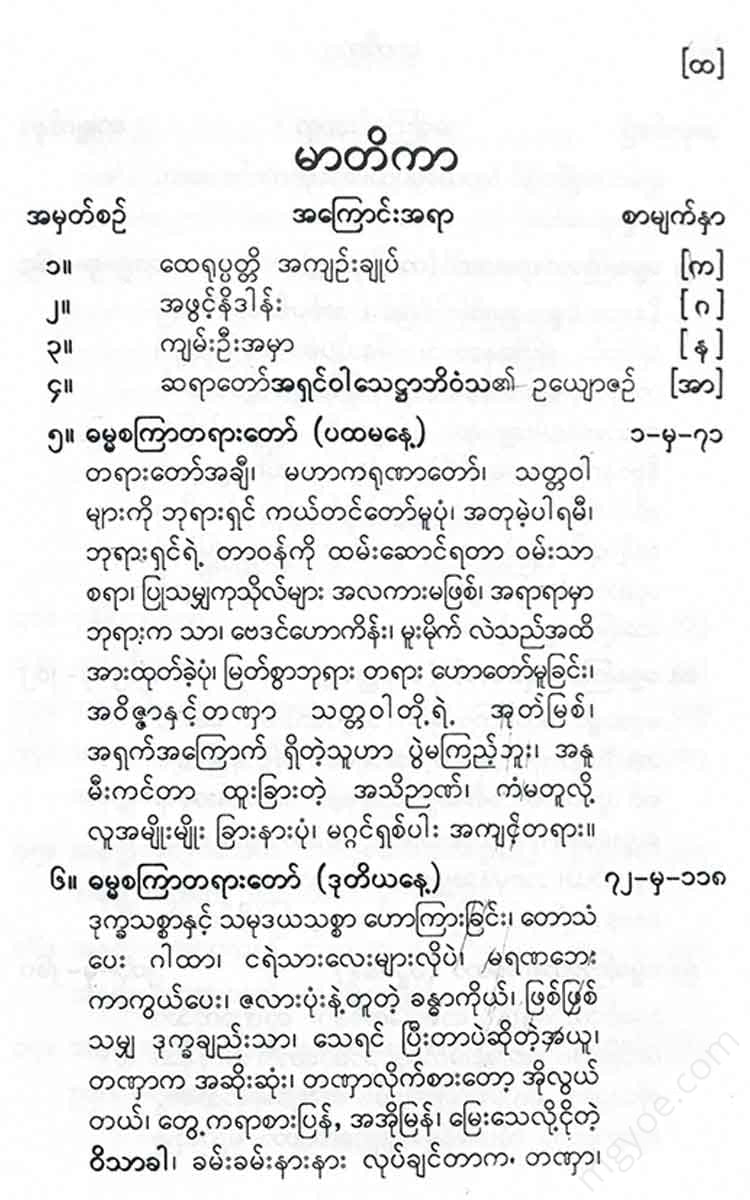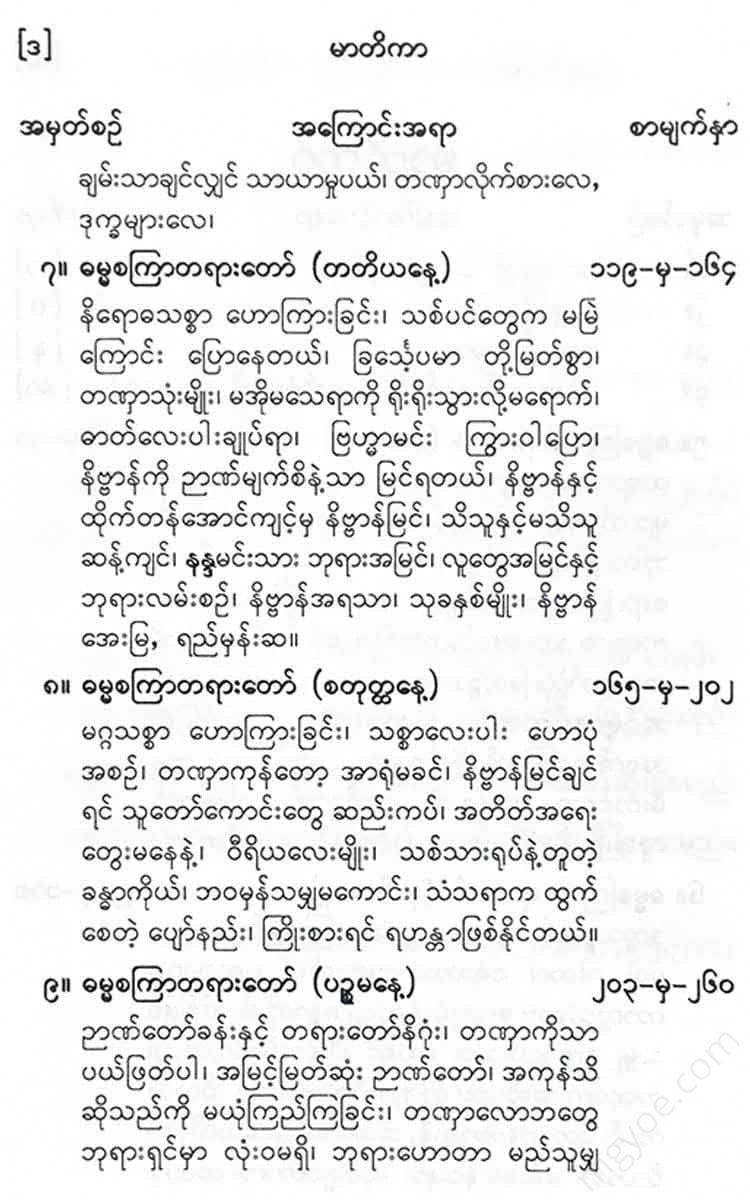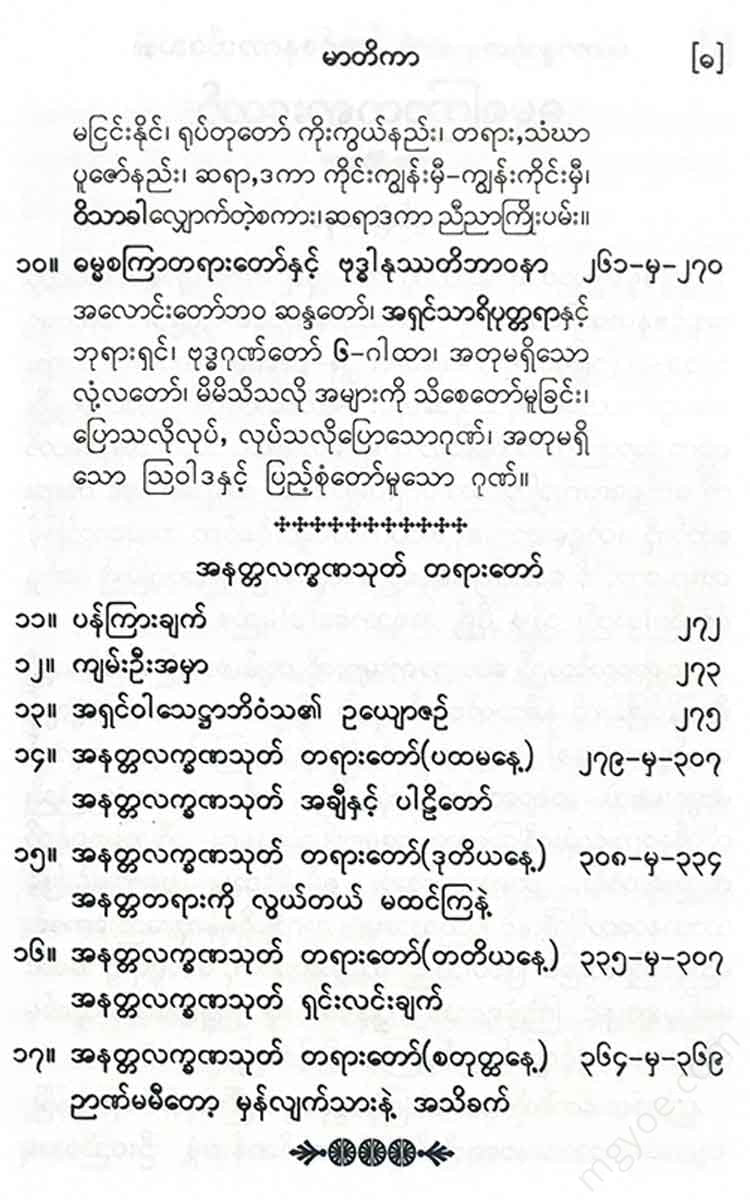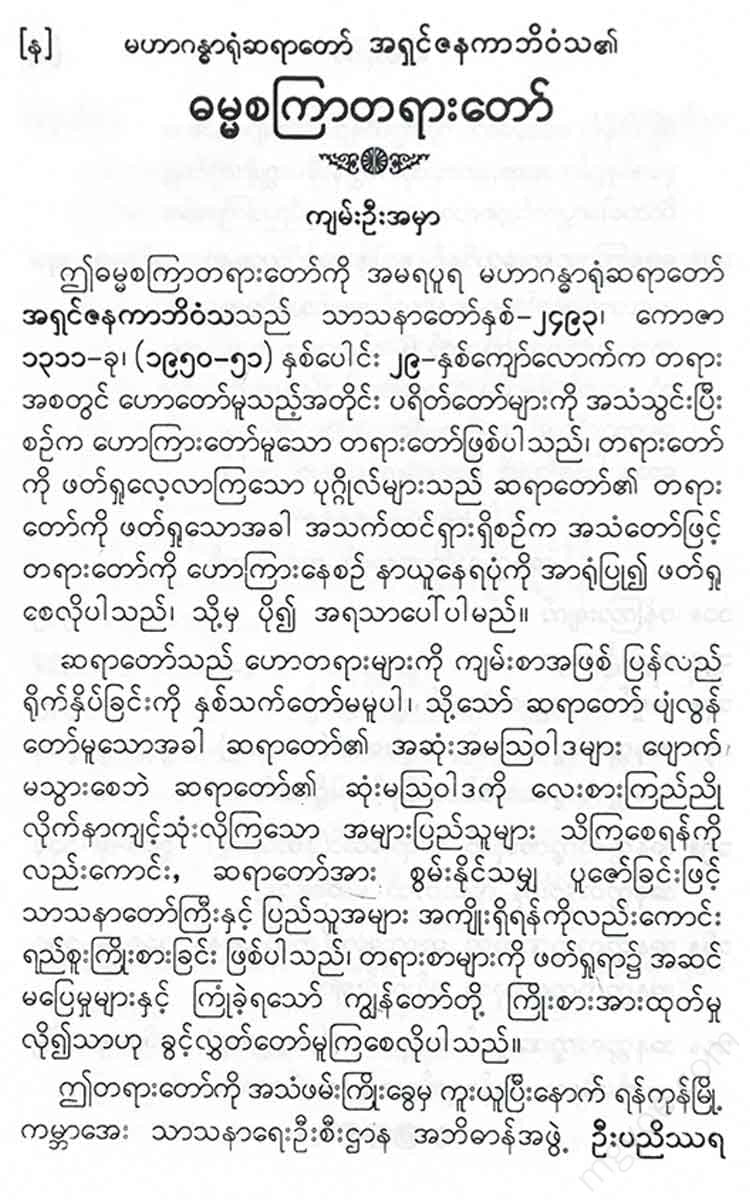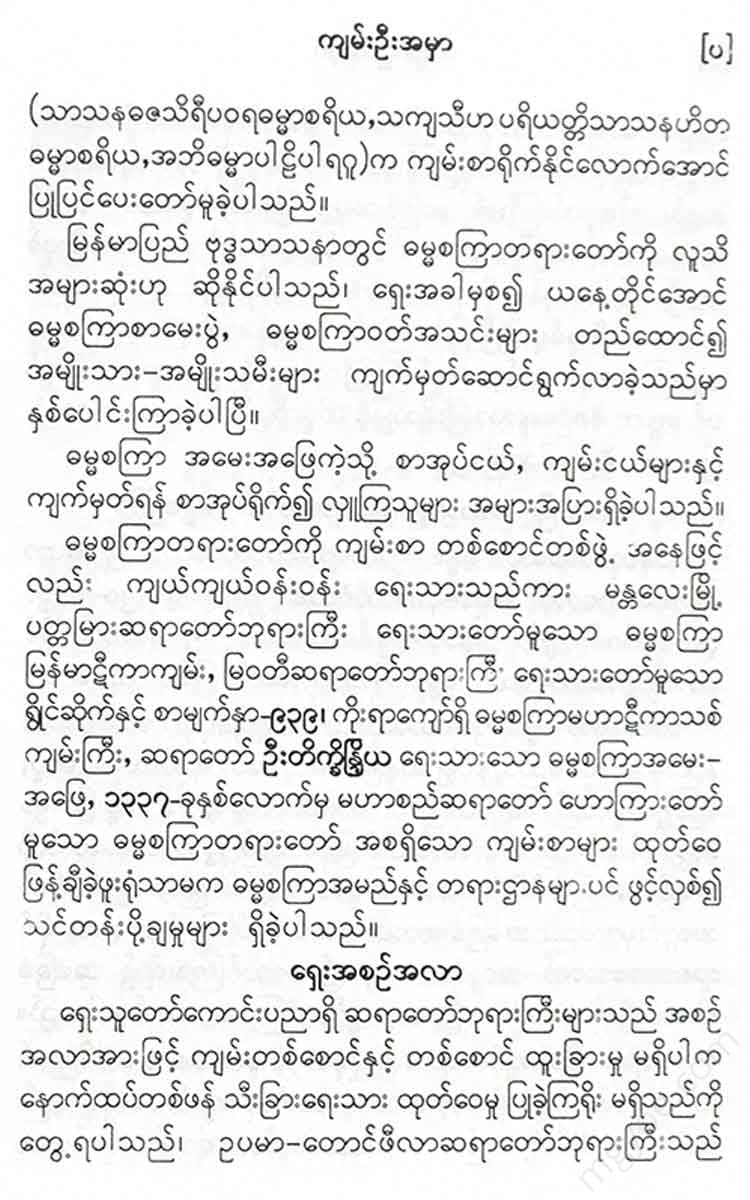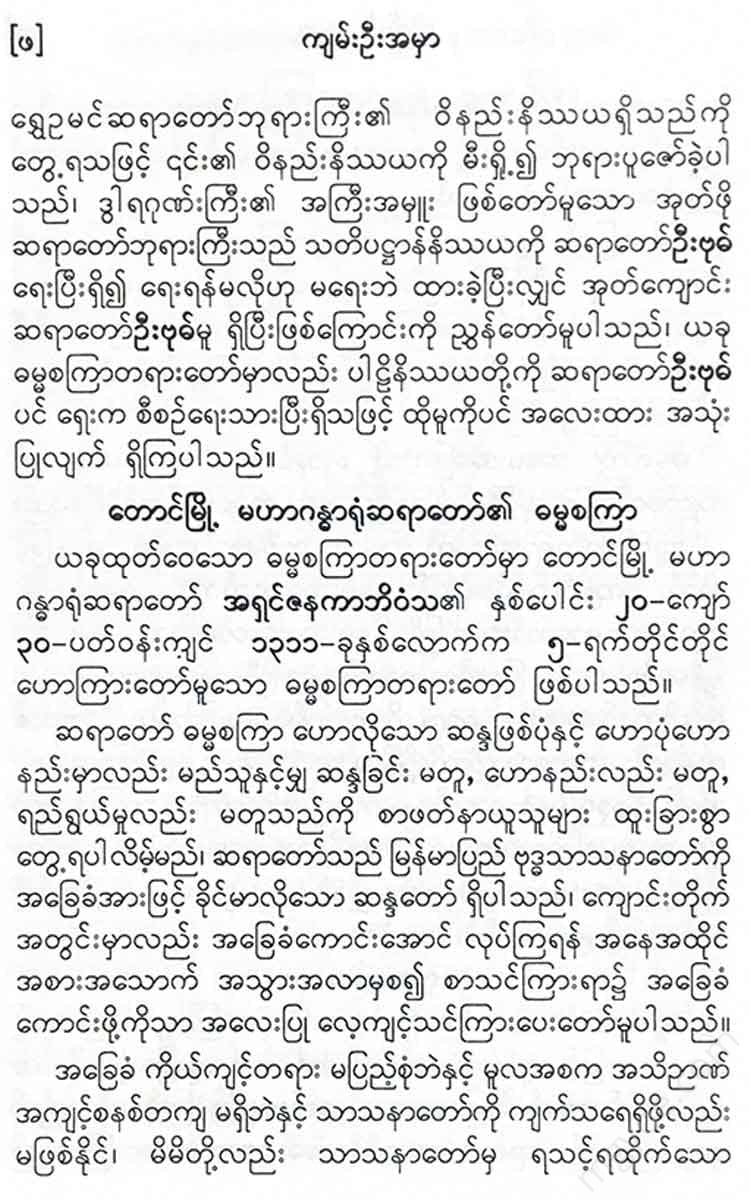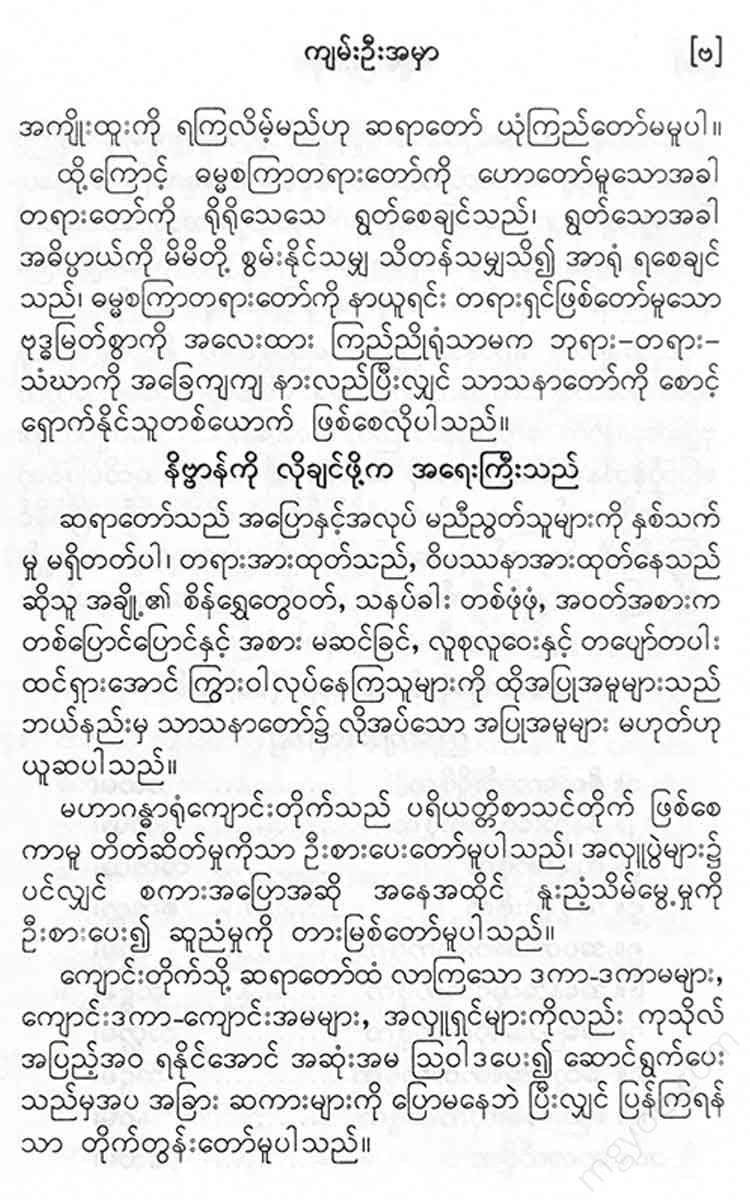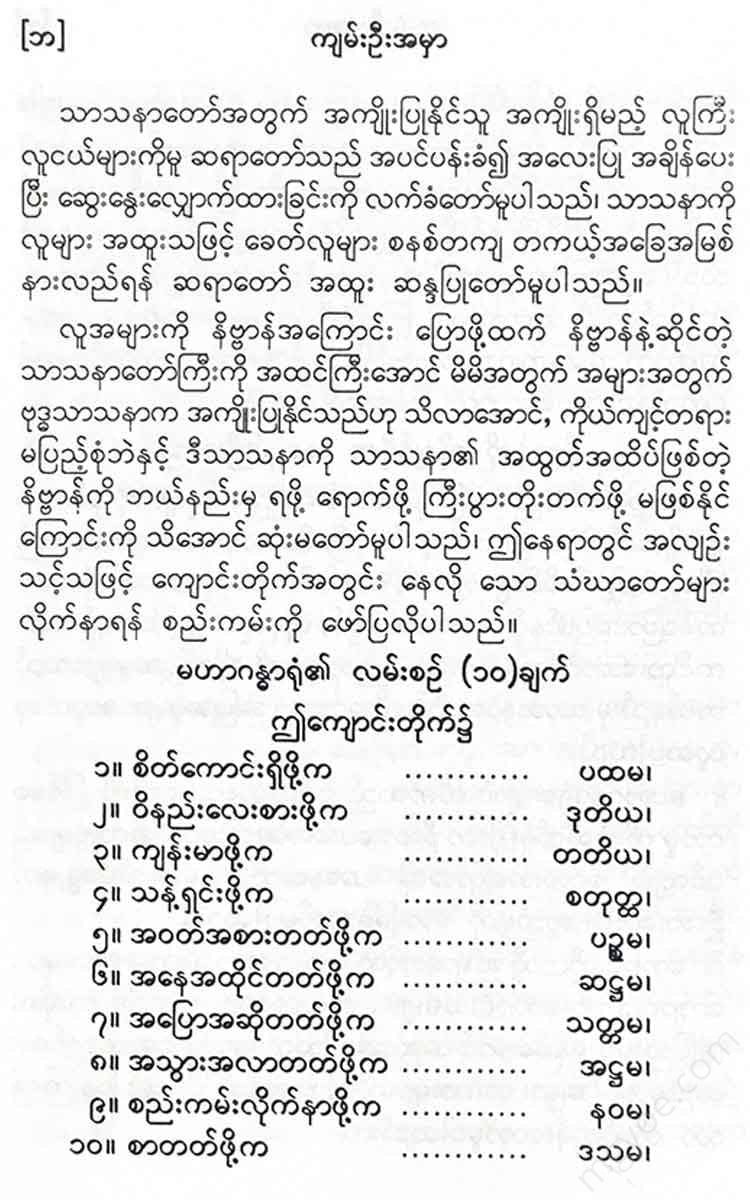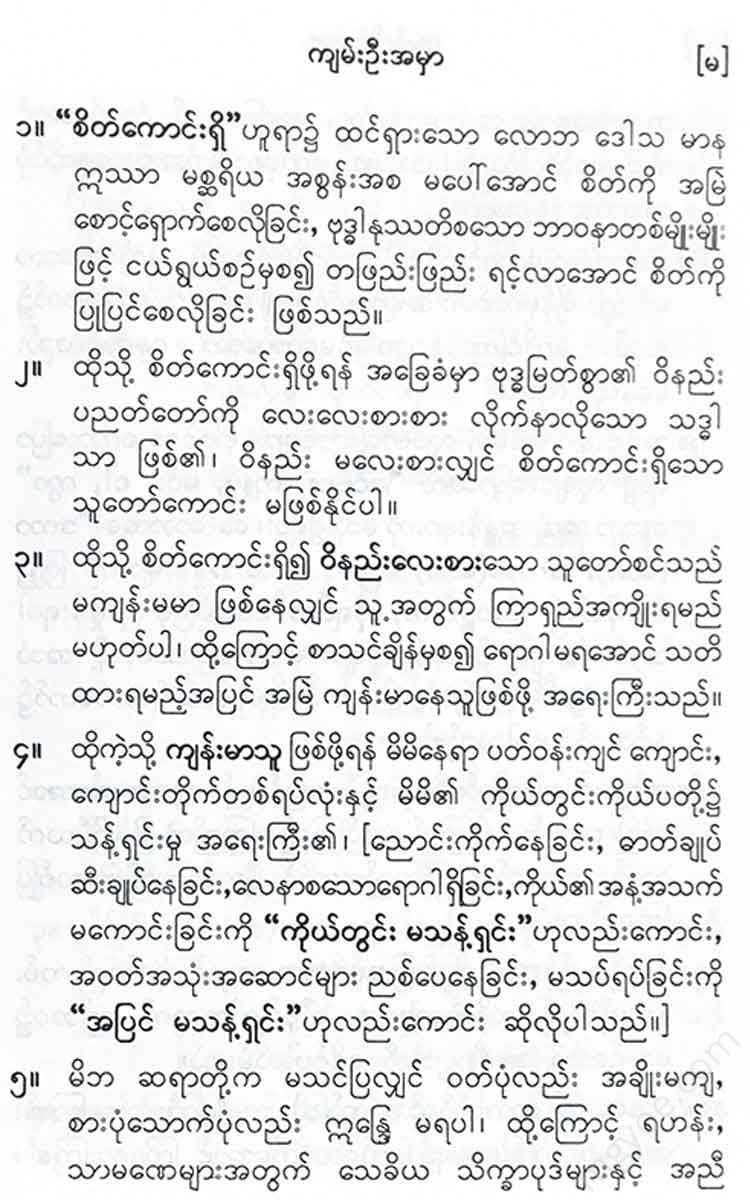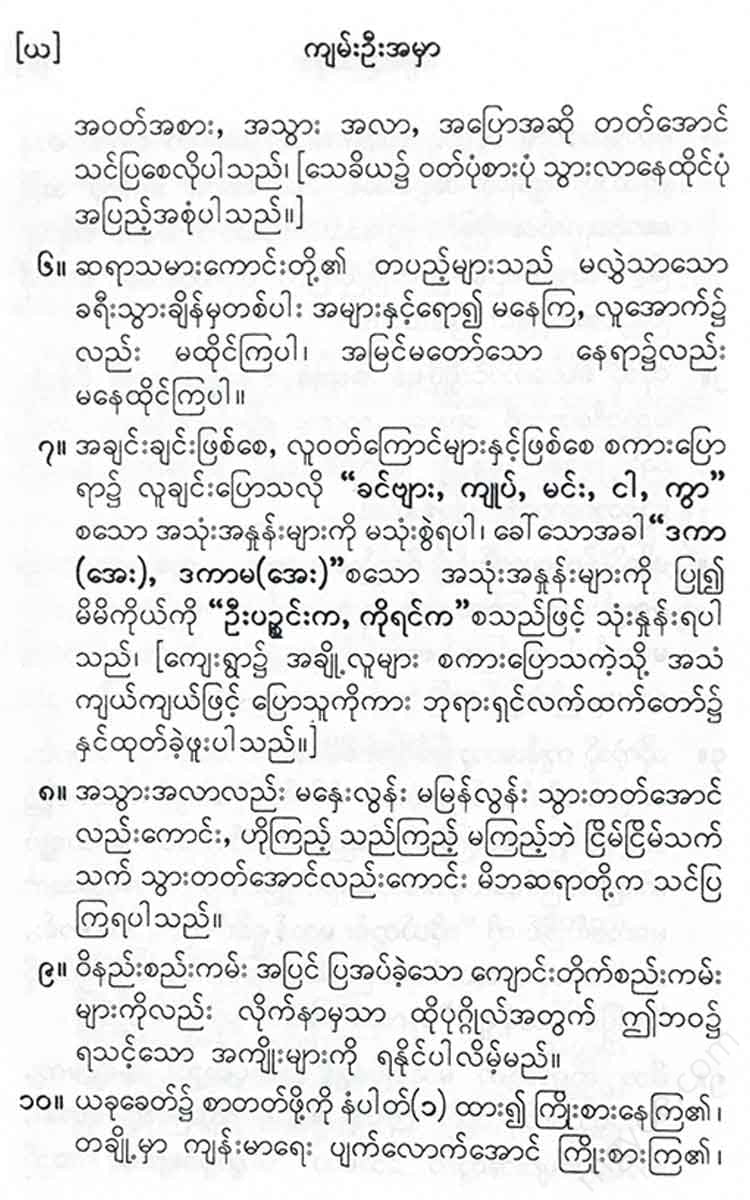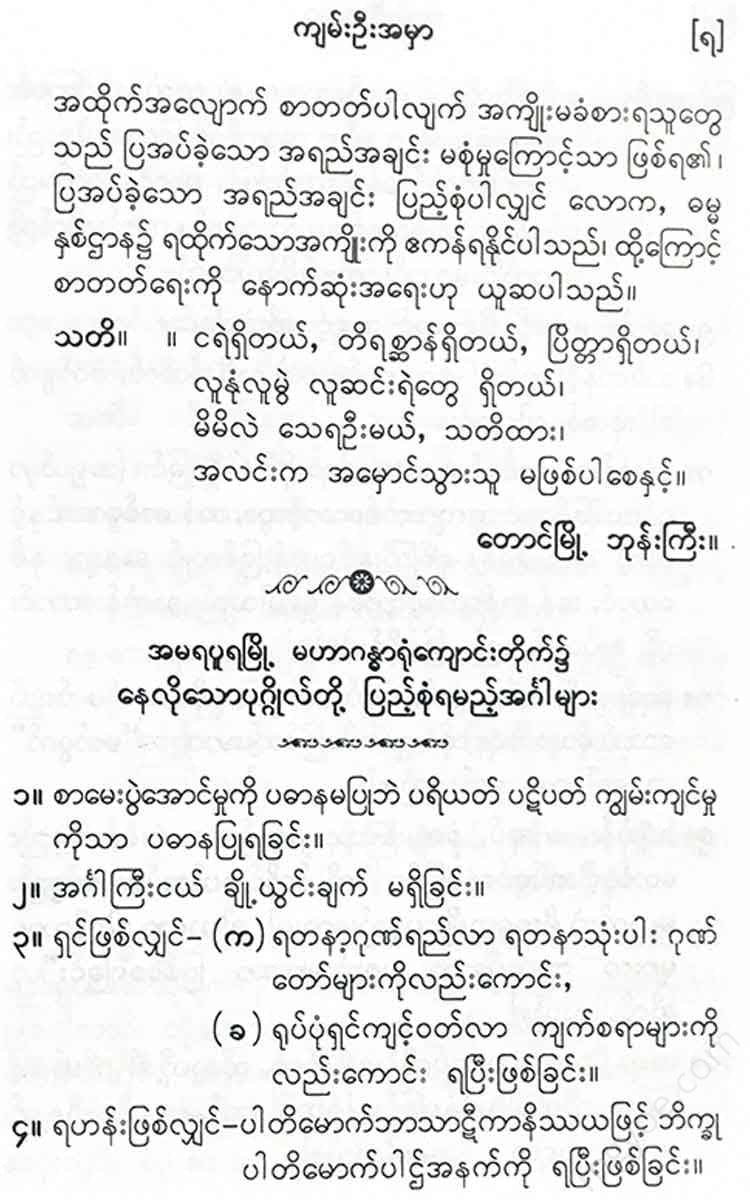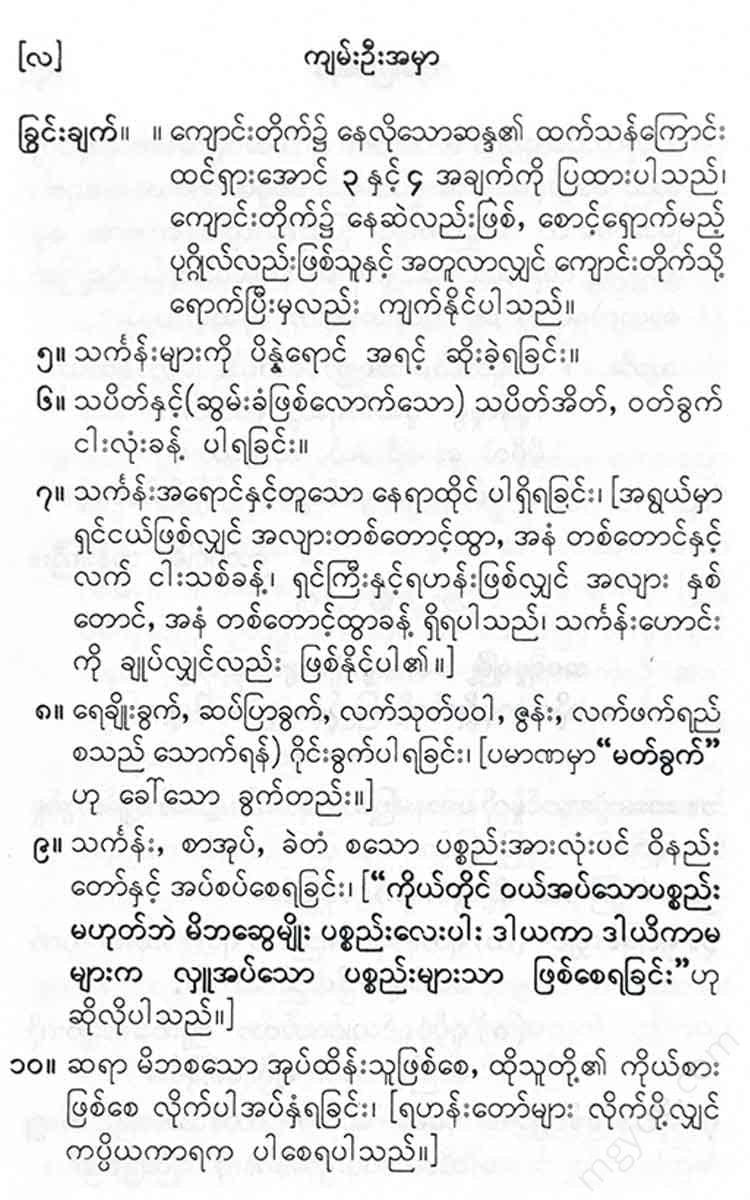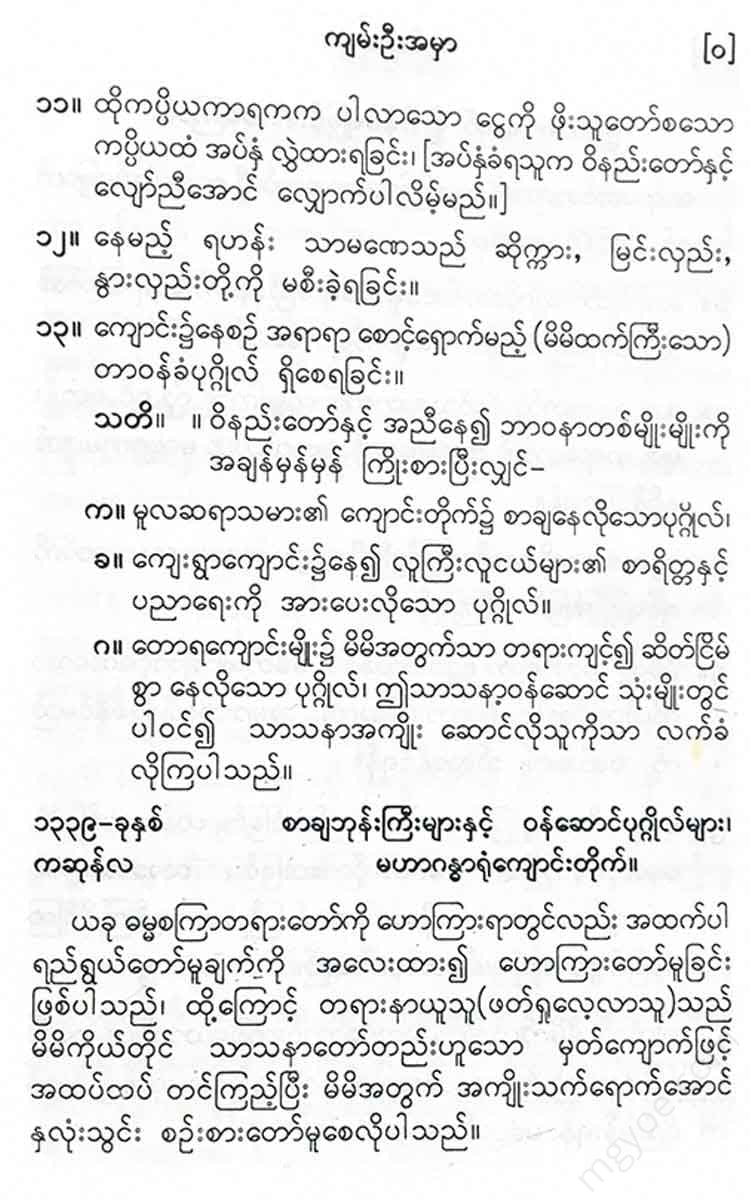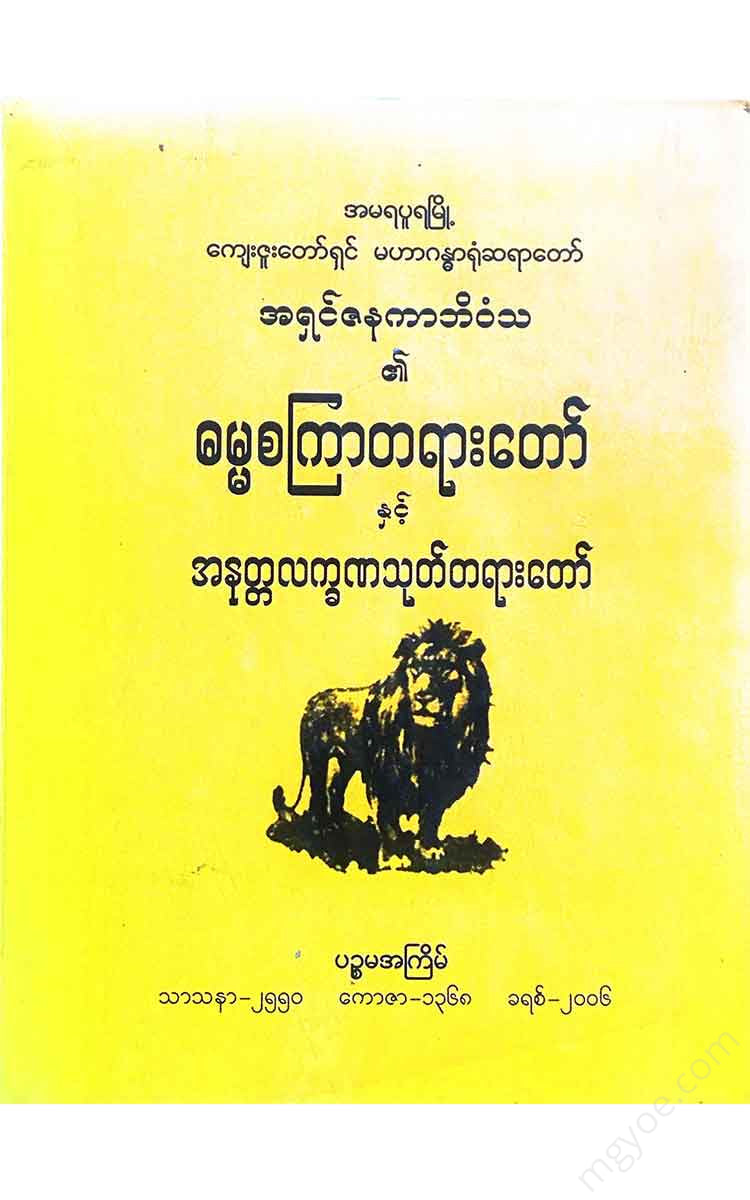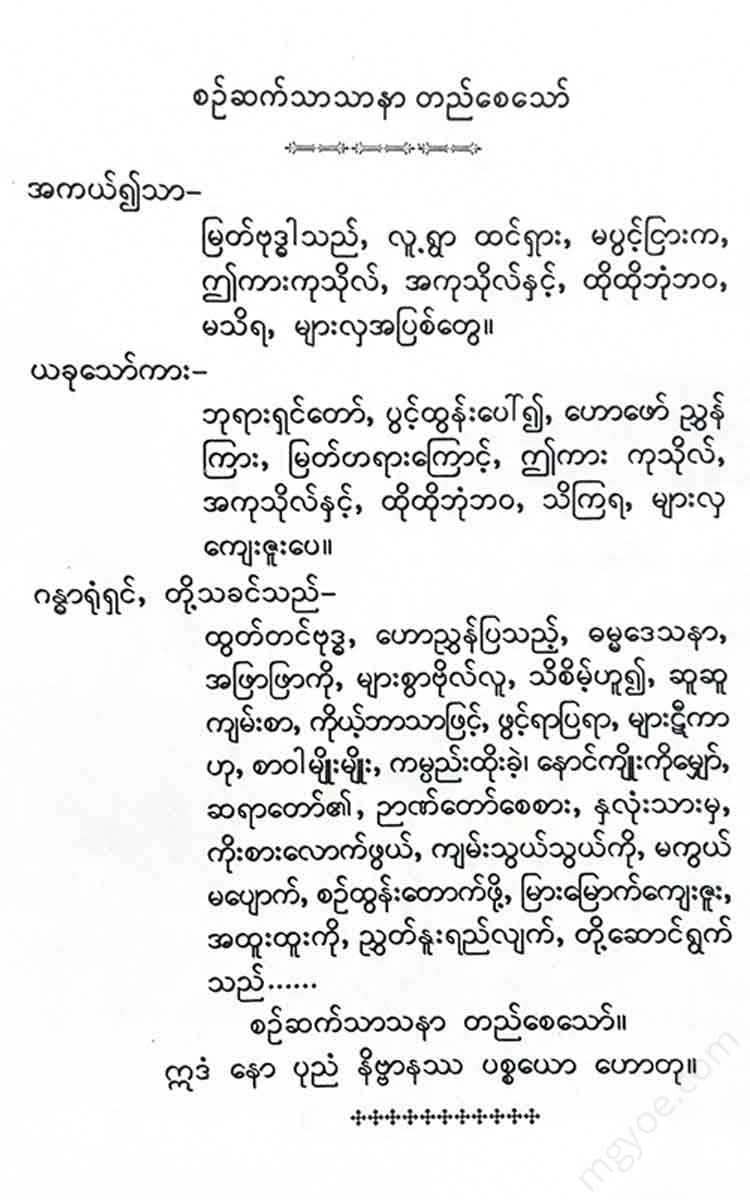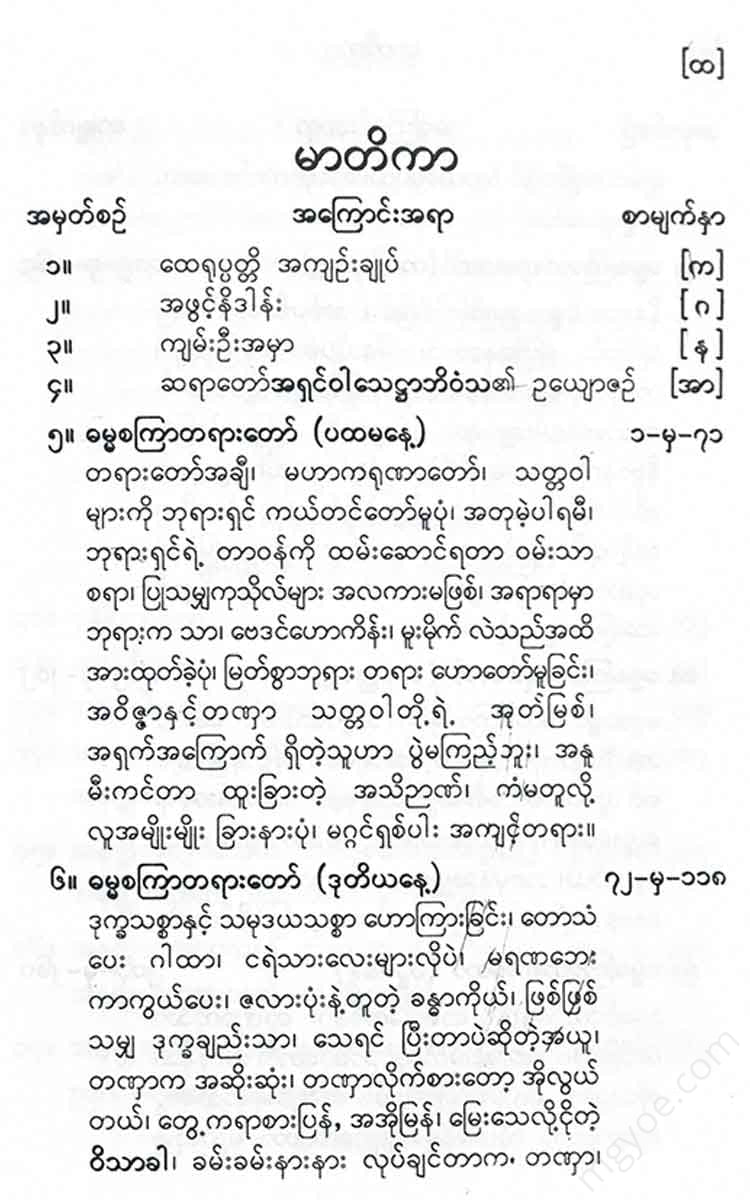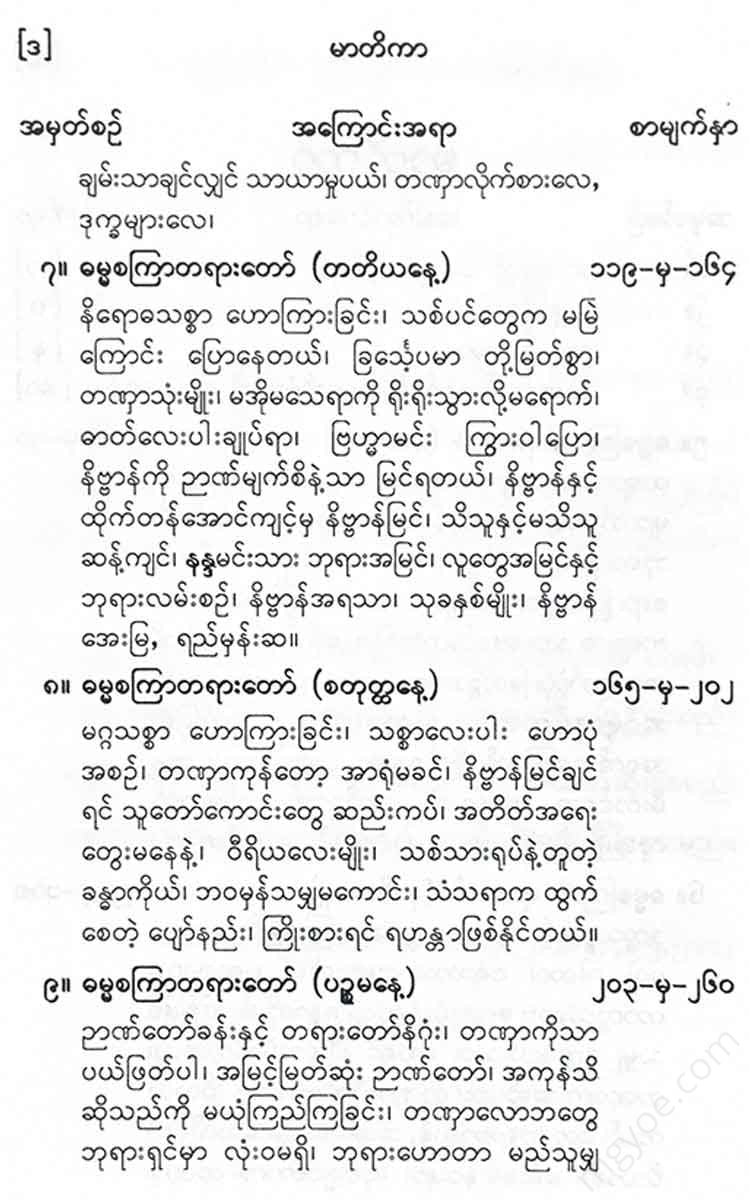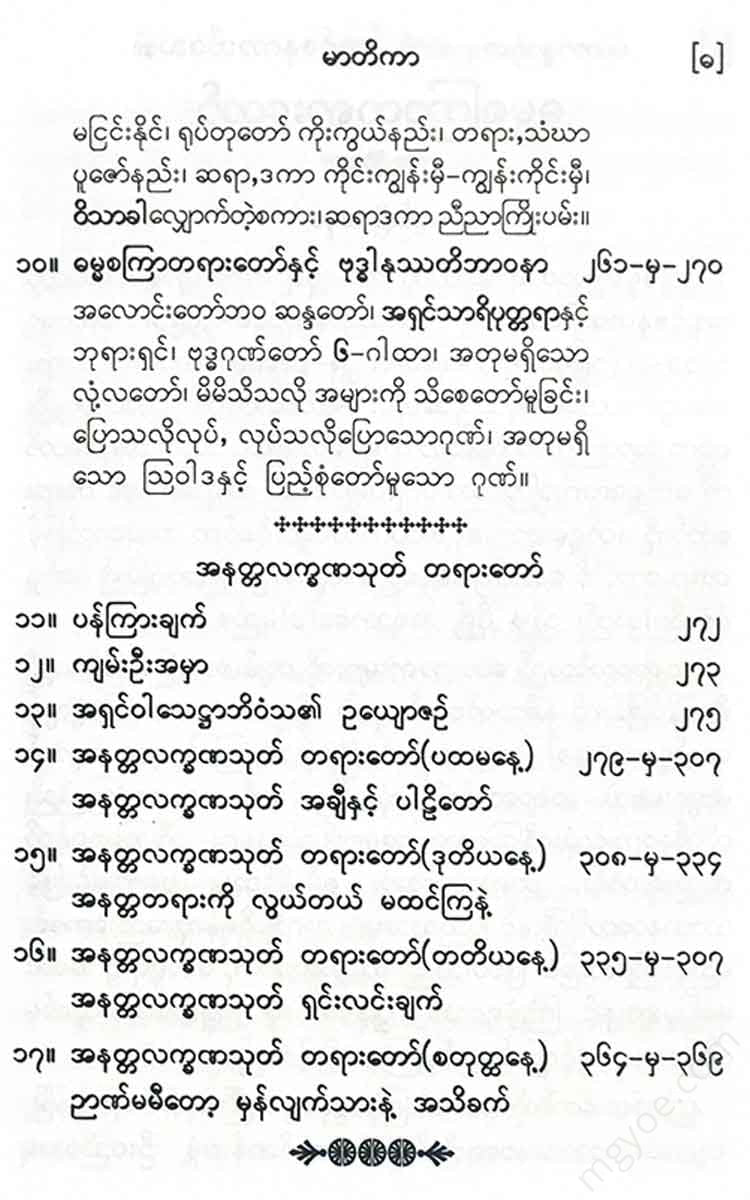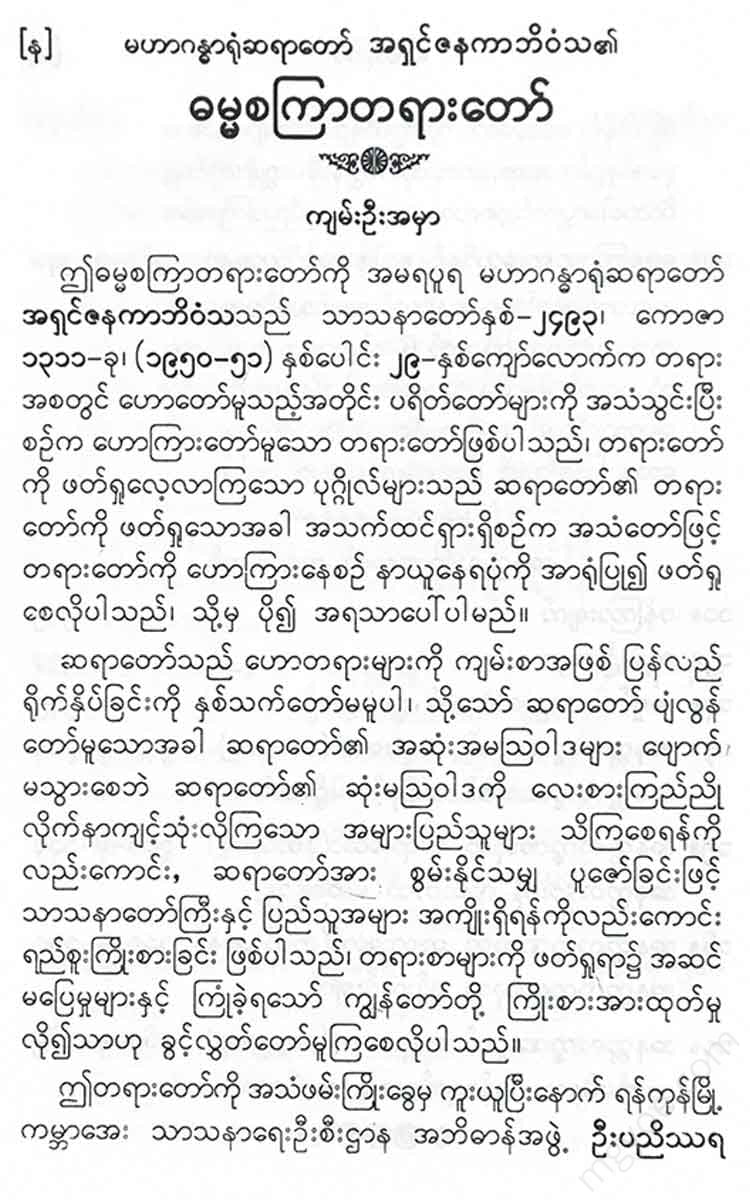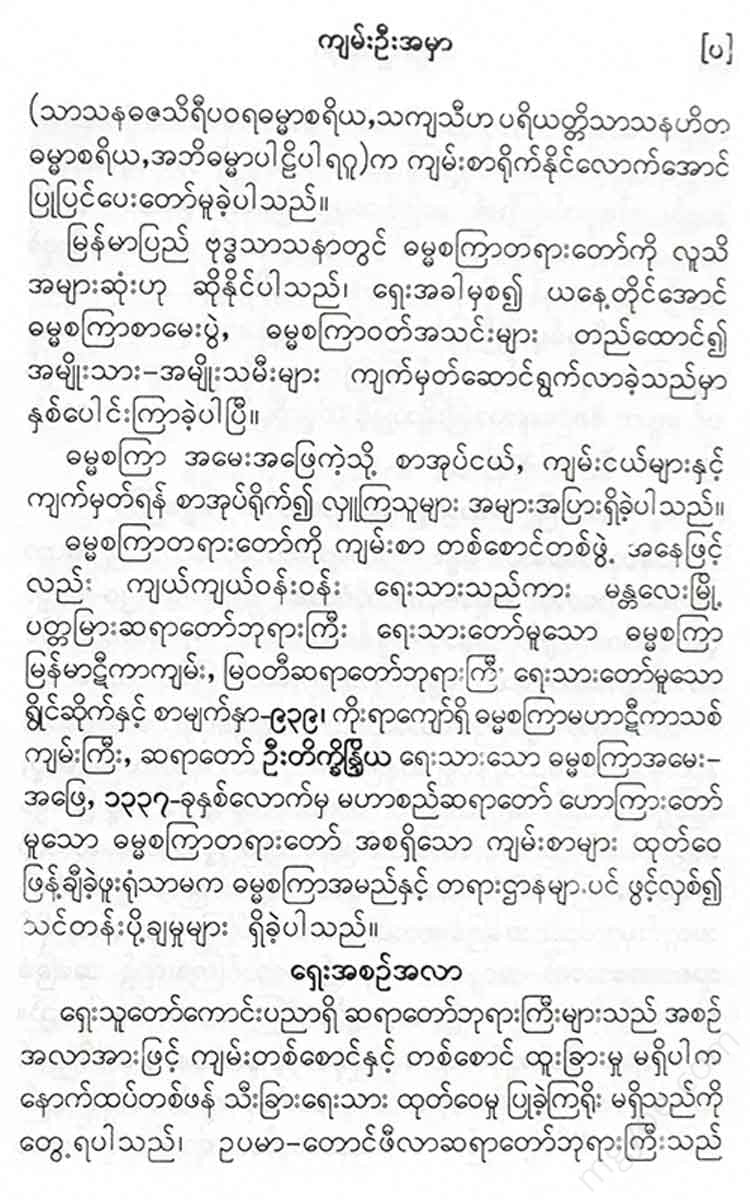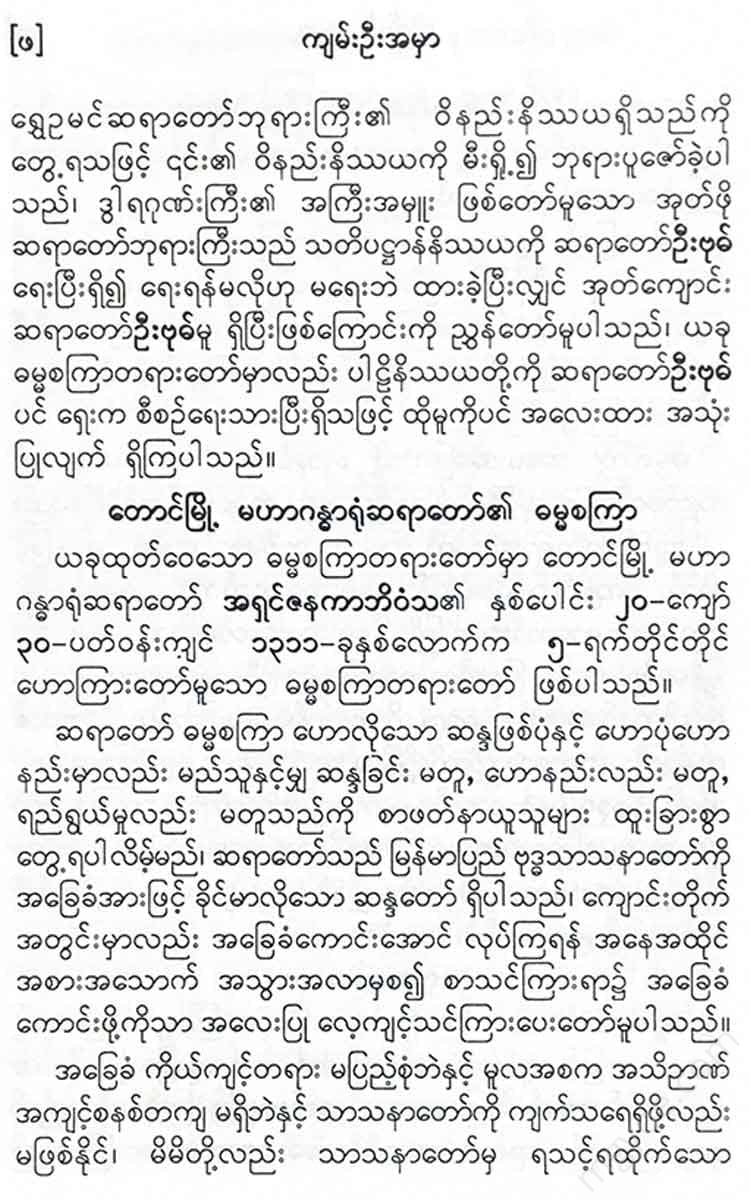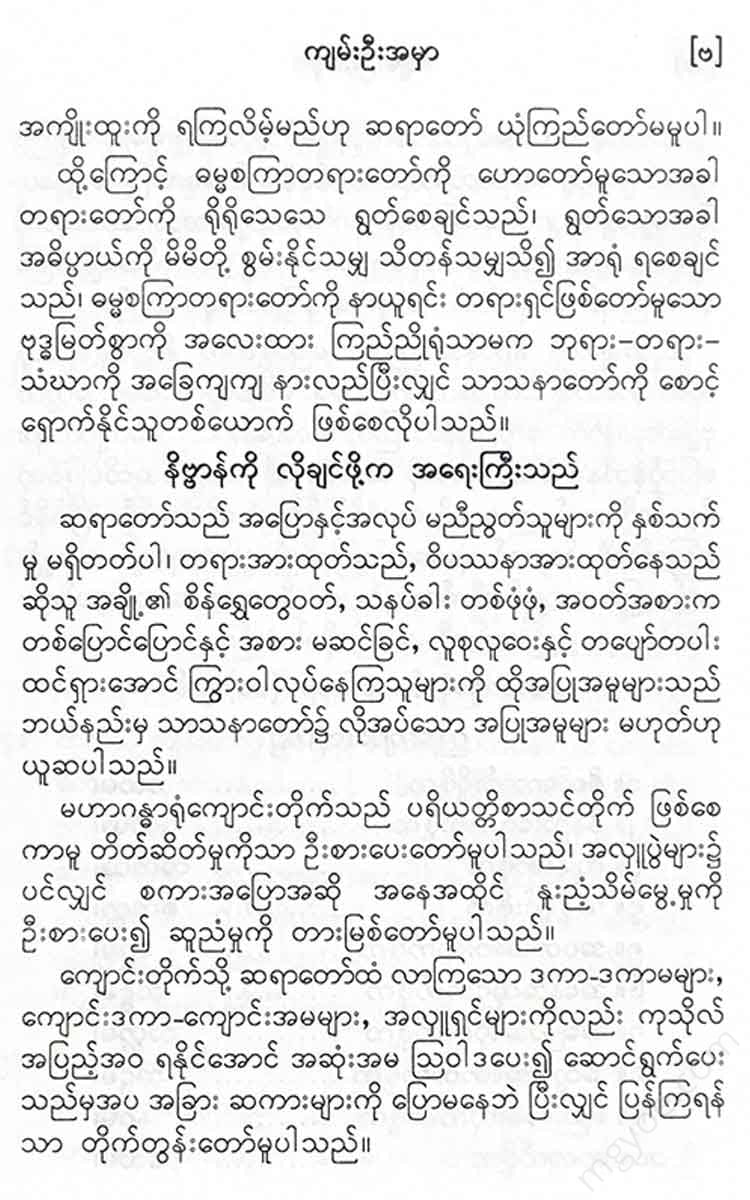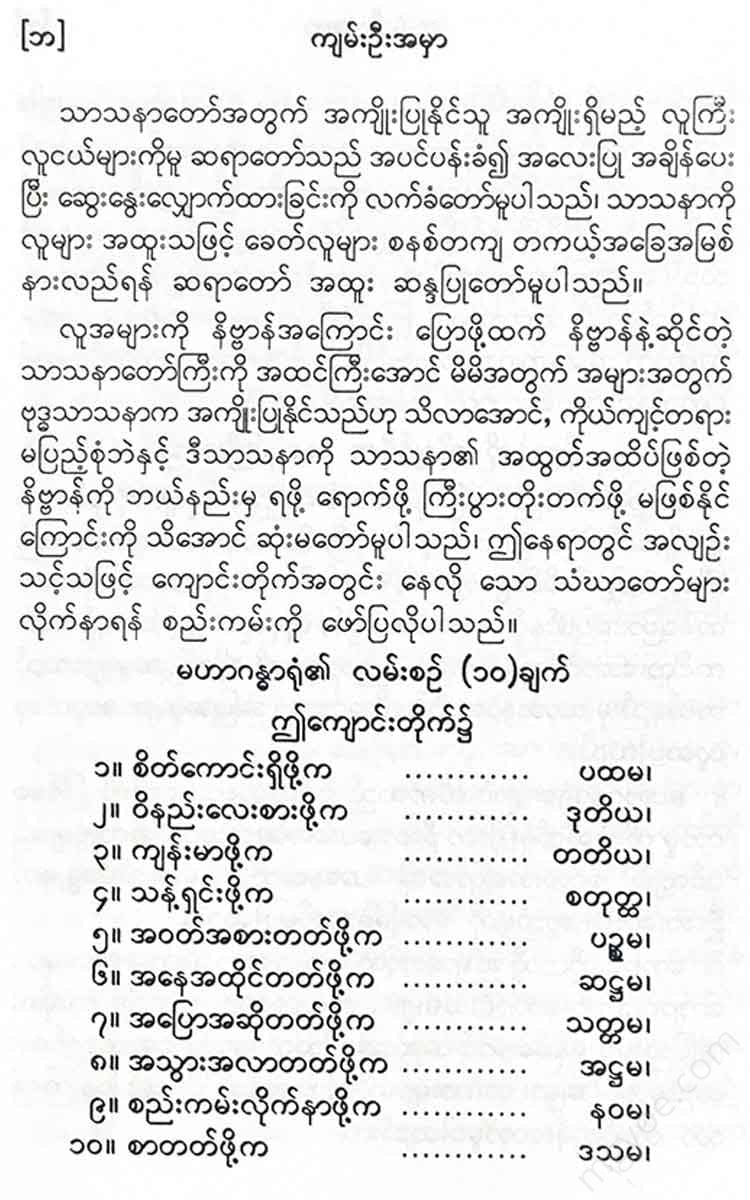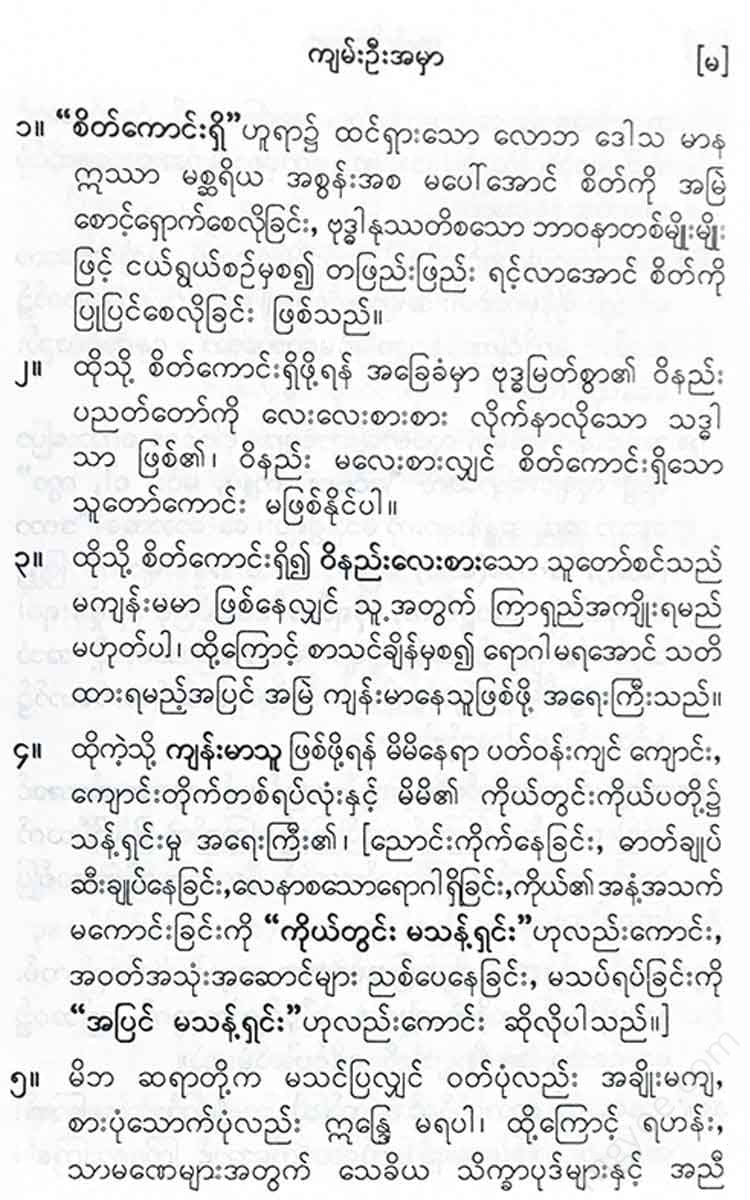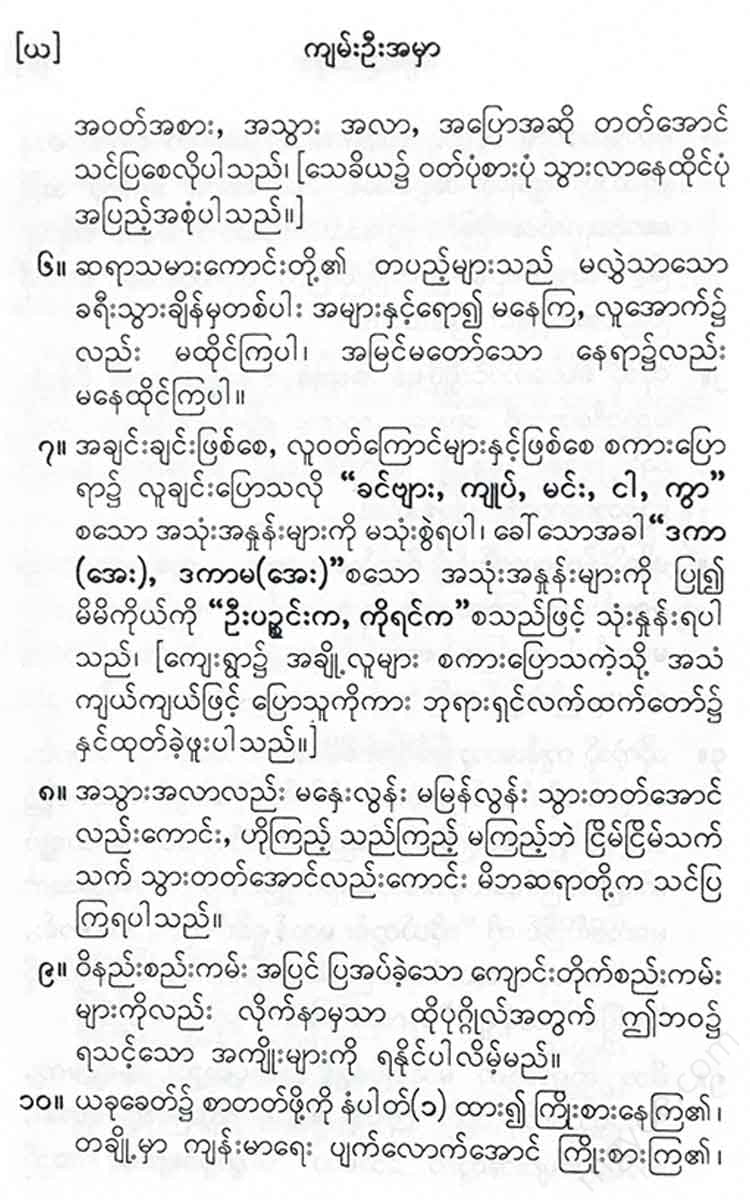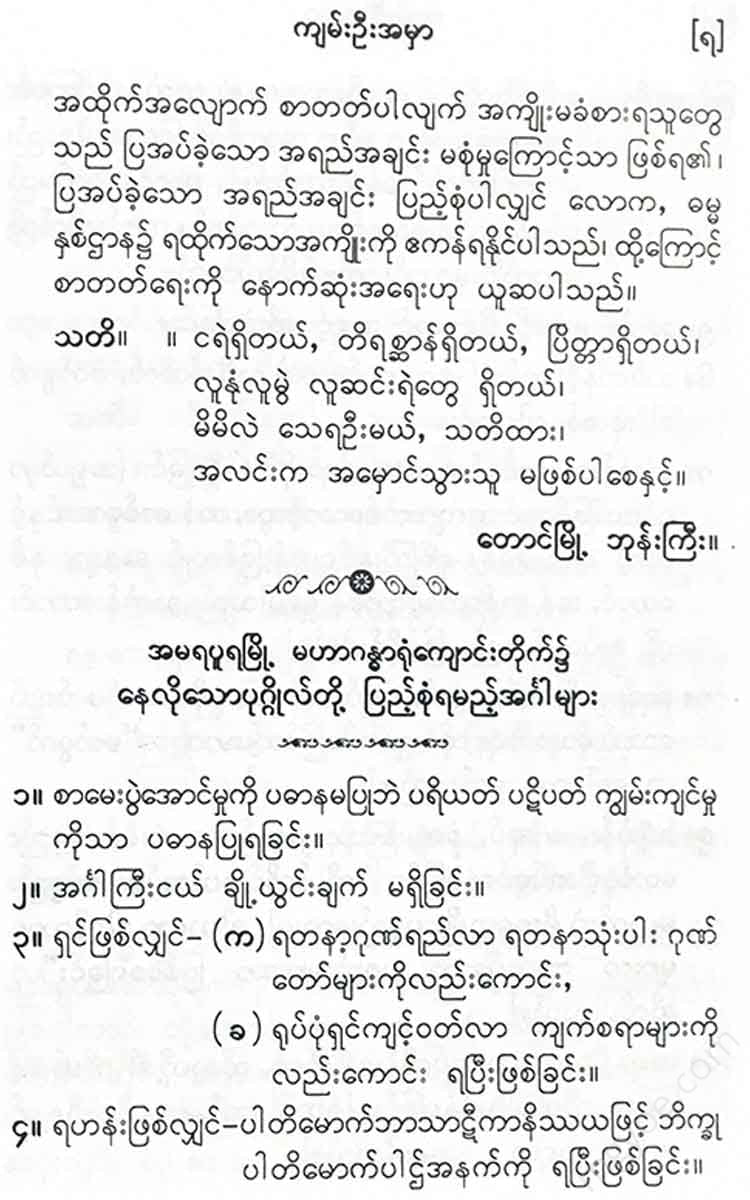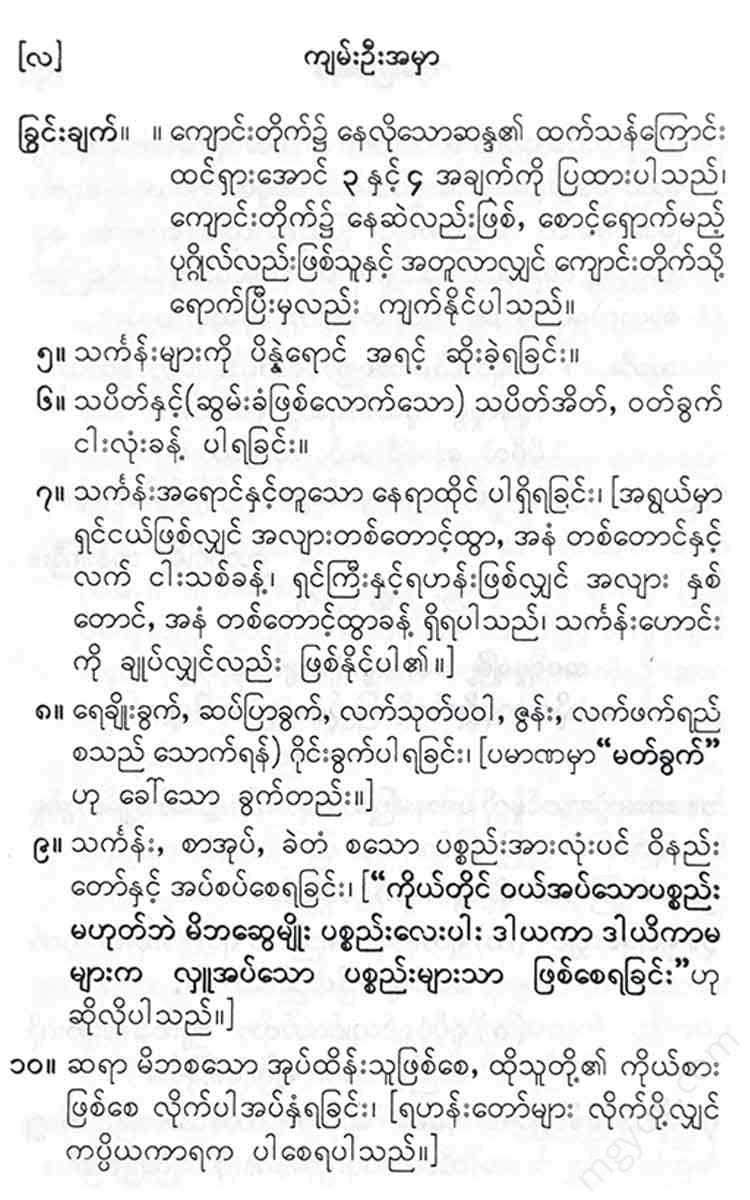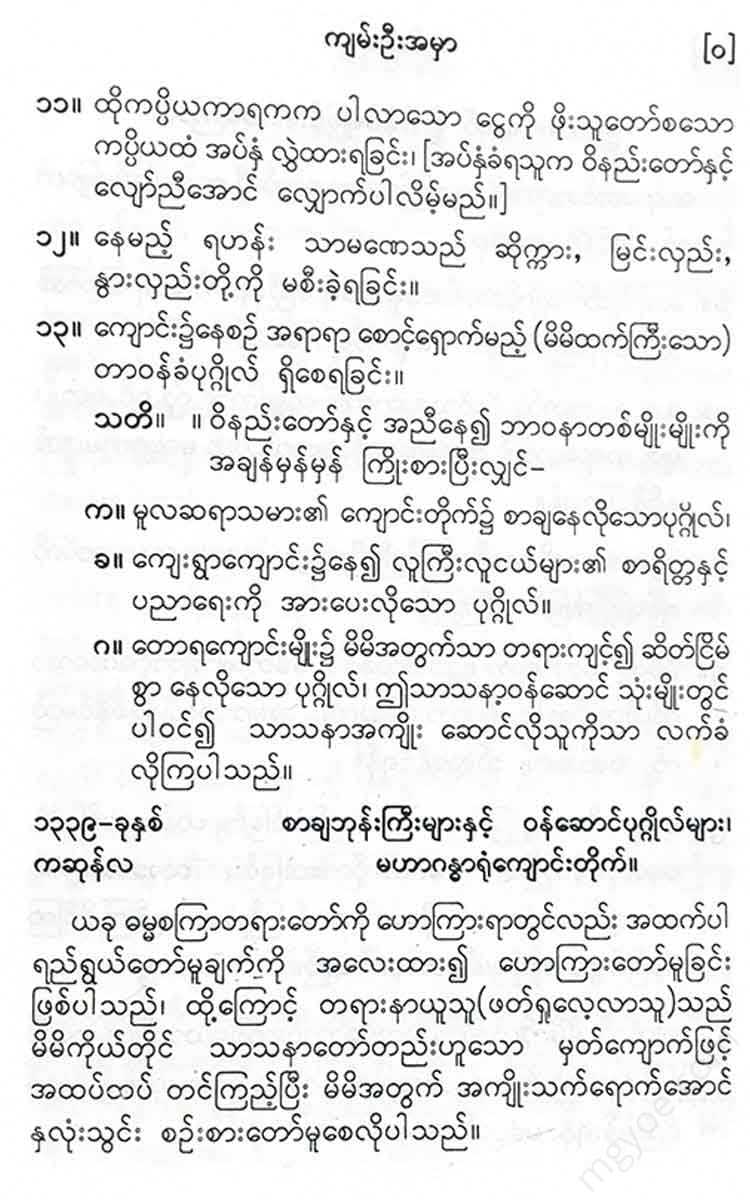Other Websites
Ashin Janaka Bhiwamsa - The Dhamma of the Buddha
Ashin Janaka Bhiwamsa - The Dhamma of the Buddha
Couldn't load pickup availability
1. The truth of the world is truth, the knowledge
The mind is bound by the law, and the night before the birth is the day.
Bantey-Ashin Janaka Bhiwansa, by title, Myanmar Silver, Ashray Lwin, famous Sayadaw from the Buddha,
Once upon a time, when it was rare, it appeared, the venerable teacher, the guru
Subodhāna - He has arranged, arranged, and arranged, so that the hearer may be happy and intelligent, and may be easily understood, and may possess, and may know, by means of the nature of reason, by means of examples, by means of intellectual power, by means of which he may produce, illustrate, and manifest.
The concept, the principle, the beauty, the taste, the details, the arrangement, the elegance, the tradition, the presentation, the master's, the unique
Tadīthi - In speech, in writing, it is easy to understand, easy to understand, to cultivate intelligence, such is the nature of the situation. Aṇaphe - The teacher, unlike, in others, "It is not easy to achieve in life, so where is it possible?"
The Lord's birth, the original form, the likeness, cannot be any more, O God.
2. The birth chart is a guide to the Dhamma,
Asad Taya Vindhunti Janalinova Varize.
The monk who, for the sake of the Bhande religion, sacrificed his life, and worked hard throughout his life,
The many, who consider it as one side, have tried to be gentle, the venerable, the venerable, the many, the people, the Dhamma, the knowledge, the wisdom, the dedication, the effort, the exaltation, the Dhamma
Just as the bees, hovering around the flower, in this way, eating the flowers, varijeya, layer by layer, in a beautiful, fragrant, lotus flower, assadham, from the nectar, the essence
All things to know, all things to remember, all kinds of ways, all kinds of ornaments, all kinds of wisdom, all kinds of insight, all kinds of wisdom
3. The noble ones are the ones who
The sound of the wind is like the sound of the sound of the wind, and the sound of
Dani (Idani) - Human benefit, cessation of death, hastening death, now that the camp is in place, the Dharma is desired, the Thera bows down, the Dhamma is preached, they hear the Dhamma, they taste the Dhamma, they feel the pleasure, many devas, with the bliss of the Dhamma, are constantly delighted, they are fortunate.
From the Venerable Maya, many scriptures, teachings, and teachings were received, and looking back on the past, his disciples,
The Buddha, whose wisdom is incomparably powerful, who is the benefactor of Myanmar by virtue of his karma, who is of great honor, the venerable Sayadaw, who is separated from the Buddha
The view of the Venerable Vāsetthā Bhīvaṃsa: ūyājāṇa ūpāna-in the same way, he continued to say that it was new, that it was pleasing, that it was not possible to obtain a hundred methods, various Dhammas, but it was good to satisfy the mind, for what reason, te-with the religion, and calculated to increase the benefit of Myanmar, indicating methods, and trying to use it completely, the Venerable Vāsetthā,
The teachings of the scriptures, which are loved by many people, are passed down from generation to generation, are unbroken, unchanging, and steadfast, guiding the right path, and are the many scriptures.
The Dissaras, the teachers, the perfected methods, the energy of knowledge, the development of vision, are all manifest.
(Tataw) - Many scriptures, your work, are always said to be yours, because of your presence. (Mayan) - Your disciples, with joy and appreciation, look forward to your merits and merits,
Even though the Buddha is separated from the Buddha, he is confident that he is still there. He is filled with joy and happiness, and he sees the Vindama scriptures and is delighted and delighted.
Ashin Vāsetha Bhīvaṃsa
[Sahasa-2493, preached in the year 1311 of the Kawja]
Namo Tassa Bhagavad Gita Arahant Gita Sammasambuddha.
Introduction to the Dhamma Sutra
When did the monk come up with the idea? Last year, after recording the sermon, on the last day, the monk was returning. On the way, he heard the sound of the Dhamma chanting on the street. The pitch was not right, the voice was unnatural. Hearing this, he decided to record the Dhamma chanting as well.
When the mind is formed, when the Dhamma Sakya Pali is recorded, if only the Pali is recorded, people will be delighted, saying that this is the first Dhamma preached by the Blessed One. Such delight can be called pāsāda saddha. So, in addition to delight, if you know the taste of the Dhamma and are delighted and appreciative, it becomes more profound. The mind comes to focus on this, and then (within and faith) sukāpaṇā saddha arises. Therefore, I imagine that the monk will not only preach the Pali but also preach the meaning of the Pali.
The Dharmakaya Dharma
So, when we hear a particular Dhamma, a particular Pali text, in the past, if we know the content of the Buddha, it will be more profound. When we hear it, the Burmese people often say, “Only a person can understand the Dhamma.” So, even though we all know the content of the Buddha, the monk thinks that we should tell the basics as a basis for this Dhamma. So, how much can we finish in one hour tonight, so we can cover the content of the Buddha as much as we can, and then we have to finish the Dhamma Sutra in Pali. When it comes to the meaning, we can understand the meaning well by dividing the Dhamma Sutra into the first part, the second part, and the third part. Therefore, the monk estimates that it will take about three days to complete this meaning. So today, we have to introduce the current situation.
The great mercy of the Buddha
From the path of compassion to the attainment of the Bodhi tree, the path of perfection,
The path to Nibbana is the path to the end of suffering.
Natho - My worship, my salvation, my undivided, the Lord of gods and men He ignored the suffering of the poor and did the work.
Find a reason to respect. If you are going to respect and respect another person, how good is the reason for the monk's passion? And to estimate how good is that reason, when you look at the practical benefits that you have received because of that reason, how high is the level of the benefit that you have received? And if you have received the benefit, if you just live with that benefit and wealth, you are not grateful to beings, you are not worthy of respect. After receiving that benefit, how much effort did you put in to suffering for beings, and how much benefit did you bring to beings?
After looking at these three things, the monk wanted to pay homage. He thought that such a gesture was worthy of homage. Monks, after considering the Buddha with these three things, how good was his cause?
